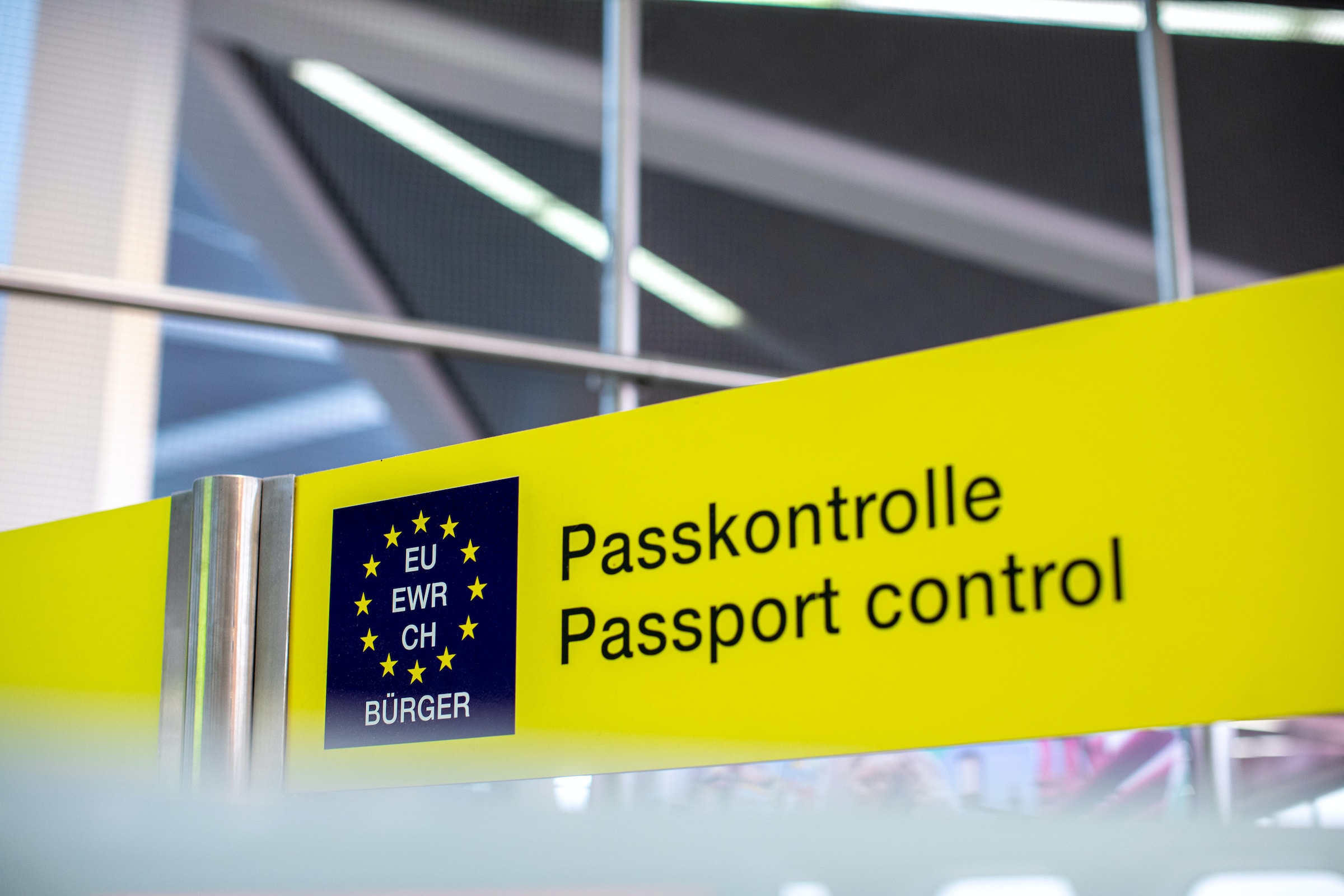
Migration and religious diversity are more relevant than ever in today’s context. Migration numbers speak for themselves – there were circa 281 million international migrants in the world in 2020, which equates to 3.6 % of the global population. Some people freely migrate for work, a better quality of life or simply to explore a new country.
But sometimes, migration is not a choice – people migrate to escape war or persecution. Leaving their home countries, migrants face several social issues. One of these challenges is religion and, most importantly, the ability to practice their faith in the host country. According to Migration Data Portal, migration has become much more diverse in terms of the origins of migrants. And this also raises many issues in the area of religious diversity.
Furthermore, Russia’s military invasion of Ukraine has led to new challenges regarding migration and religious diversity in Europe. The millions of refugees from Ukraine add to the migration challenges and the situation of war refugees in new countries. Europe needs to be prepared and to have access to up-to-date, cross-national, comprehensive research, knowledge and strategies to properly manage the migration crisis and help refugees settle in their new country.
The COST Action COREnet
COST (European Cooperation in Science and Technology) is an organisation funded by the European Union for research and innovation networks. COST Actions help connect research initiatives across Europe and beyond and enable researchers and innovators to grow their ideas in any science and technology field by sharing them with their peers. COST Actions are bottom-up networks with a duration of four years that boost research, innovation, and careers.
The COST Action “COREnet: Connecting Theory and Practical Issues of Migration and Religious Diversity” is an interdisciplinary network that aims to produce, exchange, and build knowledge and collaborations across Europe on the topic of migration and religious diversity. Specifically, COREnet focuses on combining theoretical and practical issues at the intersection of migration and religious diversity with a particular emphasis on bottom-up research. COREnet is chaired by Prof. Milda Ališauskienė (Vytautas Magnus University, Lithuania) and Prof. Annette Leis-Peters (VID Specialized University, Norway). It was started in October 2021, and currently has 167 members, including academics, researchers and representatives of various organisations working in the field of religion and migration from 36 European countries and the Republic of South Africa.
This network is situated within the wider macro context of major political and societal grand challenges in relation to migration and religious diversity, evidenced recently in Europe by inward migration – specifically, migrants and refugees – from war-torn countries including Syria and Ukraine. Interdisciplinary research, cross-national collaborations to build capacity and knowledge, and widespread communication and information exchange pertaining to migration and religious diversity topics are essential means by which to document, compare and explore shared issues and concerns in migration and religious diversity. The aim of COREnet is to fill the gaps and research need in the field of religion and migration and to communicate new results and knowledge directly to public debate and the various fields of practice. by this a European platform for the critical exchange of research on migration and religious diversity is created that connects academia and practice all over Europe.
To reach these objectives, COREnet brings together researchers from various disciplines, stakeholders, and practice field organisations from European and other countries to fill gaps and research needs in the field of religion and migration. COREnet seeks to deliver new findings and knowledge directly into the public debate and different practice fields.
COREnet aims to
- Create arenas where researchers and practitioners can meet, discuss, and collaborate.
- Establish settings where researchers, practitioners and policymakers, together, can develop ideas that improve the integration of migrants into host societies.
- Provide platforms for European research alliances.
- Create a cross-European repository of data collection and research, including links to relevant websites and tools allowing for cross-country analysis
COREnet Summer school, 12th – 16th July 2023
The latest event within COREnet is the Summer School “Religious and Non-Religious Narratives on Migration”, which will be conducted from 12th – 16th July at the University of Vienna in cooperation with the Vienna Doctoral School for Theology and Religious Studies under the direction of Regina Polak.The Summer School will be attended by 18 young scholars from all continents. International scholars will present Jewish, Christian, Muslim, and interreligious perspectives on migration as well as social science approaches to the politicization of religion in migration narratives and, last but not least, narratives of refugees and migrants. The PhD Summer School offers students the opportunity to discuss, receive feedback, and further develop their own research projects in the context of reflecting on migration narratives.
Join COREnet
COREnet is open to researchers at all stages of their careers from all over the world and for practitioners who work with religious diversity and migration. It is still possible to join.
By joining us you:
- Become part of an interdisciplinary network.
- Share your practice field experience with researchers and vice versa.
- Collaborate with other European countries and stakeholders.
- Increase your knowledge in the field of religious diversity and migration interactions.
- Participate in training schools, short-term scientific missions, and conferences.
Together with you in COREnet we can make a difference.
For more information visit www.corenetcost.eu
Follow COREnet on social media
- Facebook @COREnetCOSTAction
- Twitter @CorenetCost
- Linkedin @COREnetCOSTAction
- Youtube @corenetcost
Photocredits: Daniel Schludi on Unsplash
RaT-Blog Nr. 12/2023